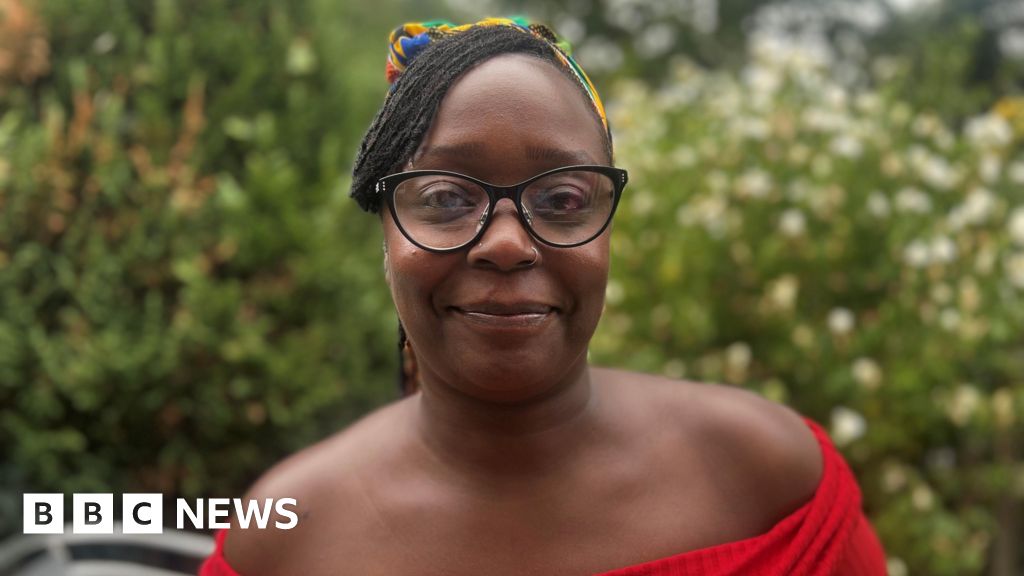
"BBC Leasuwanna Griffith says she was destined to be a "menace to society" before she was diagnosed with HIV while she was pregnant in 2003. "Getting HIV calmed me down. It made me more aware of other people and their feelings. It humbled me in a good way," says the east Londoner."
"Despite her positive outlook, she says life was tough at the beginning because there was little support for her as a black woman. "The options were for gay men or African communities. There was nothing revolving around my culture as a Caribbean woman, so we just chugged along," she says. "At the time I was given an expiry date on my life, so I lived everyday like it was my last, and that's not good, especially if you have children." She now works with the London-based charity Phoenix Health Movement that supports black women living with HIV. Its co-founder Susan Cole is calling for more testing in places women traditionally visit, such as nail bars, cafes and libraries."
""We need to make sure testing is in places where woman go," says Ms Cole. She is concerned the messaging around HIV is not targeted enough and that progress is being "stalled" as a result. In London there has been a 17% rise in the total number of new diagnoses of HIV between 2022 and 2021, according to the UK Health Security Agency (UKHSA). The UKHSA found black Africans represented 20% of all newly diagnosed people in London in 2022."
A woman diagnosed with HIV during pregnancy in 2003 reports the diagnosis altered her behaviour and led to support work for Black women living with HIV. Culturally specific services for Caribbean women were lacking, with existing options primarily aimed at gay men or African communities. A London charity advocates expanding testing into locations women commonly visit, including nail bars, cafes, and libraries. New HIV diagnoses in London rose 17% between 2021 and 2022, with Black Africans accounting for 20% of newly diagnosed people; stigma, discrimination, and untargeted messaging limit testing uptake among Black women.
Read at www.bbc.com
Unable to calculate read time
Collection
[
|
...
]